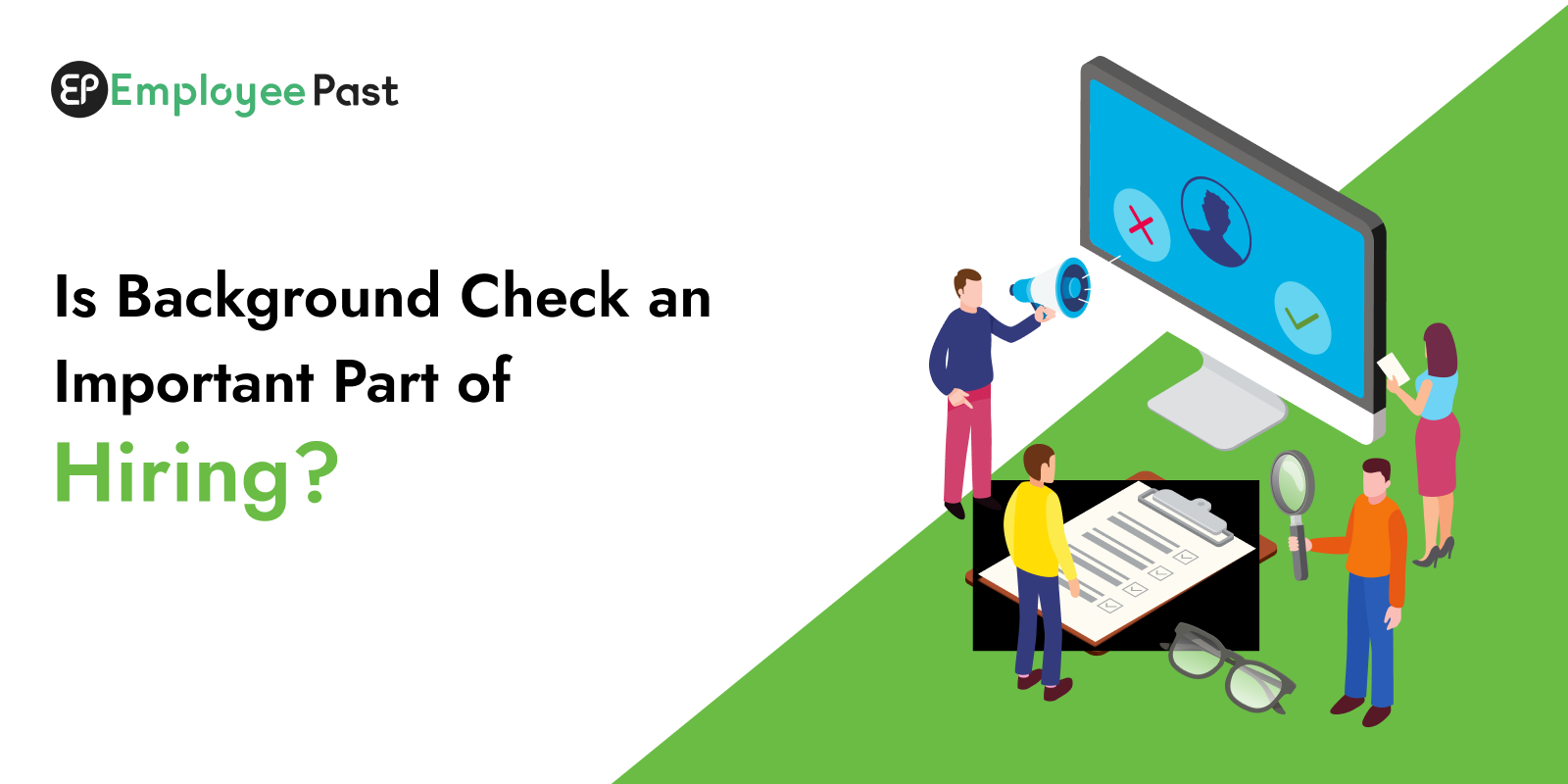- Dec 06, 2024
- Success Stories
- 2520
Share this post on:

Hiring the right candidates is crucial for the success of any organization. In today’s fast-paced corporate world, ensuring the integrity, credibility, and qualifications of potential employees is more important than ever. A thorough background check serves as a cornerstone in building a reliable workforce.
What is a Background Check?
A background check involves verifying the personal, professional, and legal details of a candidate to ensure they align with the information provided during the hiring process. These checks typically include:
- Employment History: Verification of previous roles, responsibilities, and tenures.
- Education Credentials: Confirmation of degrees, certifications, and institutions attended.
- Criminal Records: Ensuring the candidate has no history of unlawful activities.
- Credit Reports: Assessment of financial responsibility, especially for roles involving monetary management.
- References: Authenticating feedback from former employers or professional contacts.
Why Are Background Checks Important?
1. Ensures Workplace Safety
Conducting background checks reduces the risk of hiring individuals with violent or criminal tendencies, thereby fostering a safer work environment. This is particularly vital for industries like healthcare, education, and finance.
2. Validates Qualifications and Skills
A detailed background check verifies the authenticity of a candidate's claims about their skills, experience, and qualifications. This helps to prevent discrepancies that could hinder business operations.
3. Protects the Organization’s Reputation
Hiring someone with a questionable background can harm an organization’s brand and credibility. Background checks minimize this risk by ensuring only trustworthy candidates are onboarded.
4. Reduces Employee Turnover
Employees who misrepresent themselves are more likely to underperform or leave the organization prematurely. A thorough vetting process ensures alignment between the candidate’s abilities and the organization’s needs.
5. Ensures Compliance with Regulations
Certain industries, such as finance and healthcare, are bound by stringent legal requirements regarding employee background screening. Failure to comply can result in fines and reputational damage.
Types of Background Checks and Their Benefits
1. Criminal Background Checks
- Purpose: Identifies any criminal history or pending charges.
- Benefit: Mitigates risks of theft, fraud, or workplace violence.
2. Employment Verification
- Purpose: Confirms previous job roles, responsibilities, and achievements.
- Benefit: Ensures accuracy in employment history and prevents fraud.
3. Education Verification
- Purpose: Validates academic qualifications.
- Benefit: Confirms the candidate’s eligibility for specialized roles.
4. Credit Checks
- Purpose: Reviews financial stability and responsibility.
- Benefit: Critical for positions involving financial transactions or budgeting.
5. Identity Verification
- Purpose: Verifies identity through government-issued IDs.
- Benefit: Prevents identity theft or false representation.
6. Reference Checks
- Purpose: Gathers insights from previous employers or colleagues.
- Benefit: Provides a clearer picture of the candidate’s work ethic and performance.
Best Practices for Conducting Background Checks
1. Obtain Written Consent
Always seek explicit consent from candidates before initiating background checks to ensure compliance with privacy laws.
2. Use Reputable Screening Services
Partner with trusted background screening agencies to ensure accurate and comprehensive reports.
3. Tailor Checks to the Role
Customize the scope of the background check based on the position’s requirements. For example, a financial role might necessitate a detailed credit check.
4. Ensure Transparency
Communicate the background check process to candidates, addressing any concerns they may have.
5. Review Reports Thoroughly
Carefully analyze the findings to make informed hiring decisions.
6. Maintain Confidentiality
Handle all background check data with utmost confidentiality to protect the candidate's privacy.
Challenges in Background Screening
1. False Positives or Errors
Incorrect information may lead to unjust disqualification of candidates. Cross-verifying details can mitigate this risk.
2. Legal Risks
Improper background checks can lead to lawsuits if candidates feel their privacy was violated or decisions were unfairly made.
3. Time and Cost
Extensive background checks may prolong the hiring process and incur additional costs. However, the long-term benefits often outweigh these drawbacks.
Conclusion
Incorporating background checks into the hiring process is not just a best practice but a necessity for organizations aiming to build a trustworthy, competent, and secure workforce. By investing in EmployeePast, companies can protect their reputation, enhance workplace safety, and ensure long-term success.







